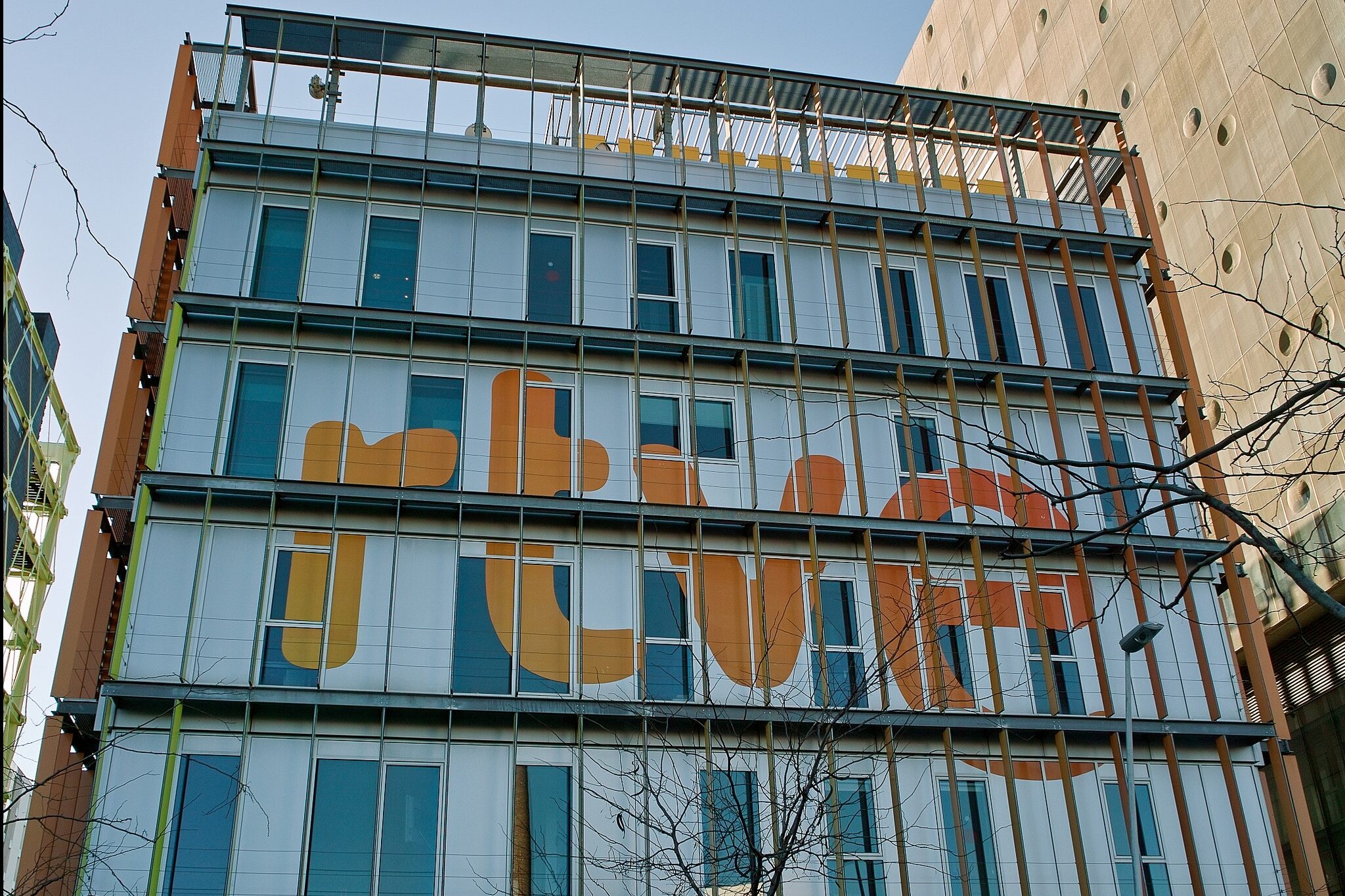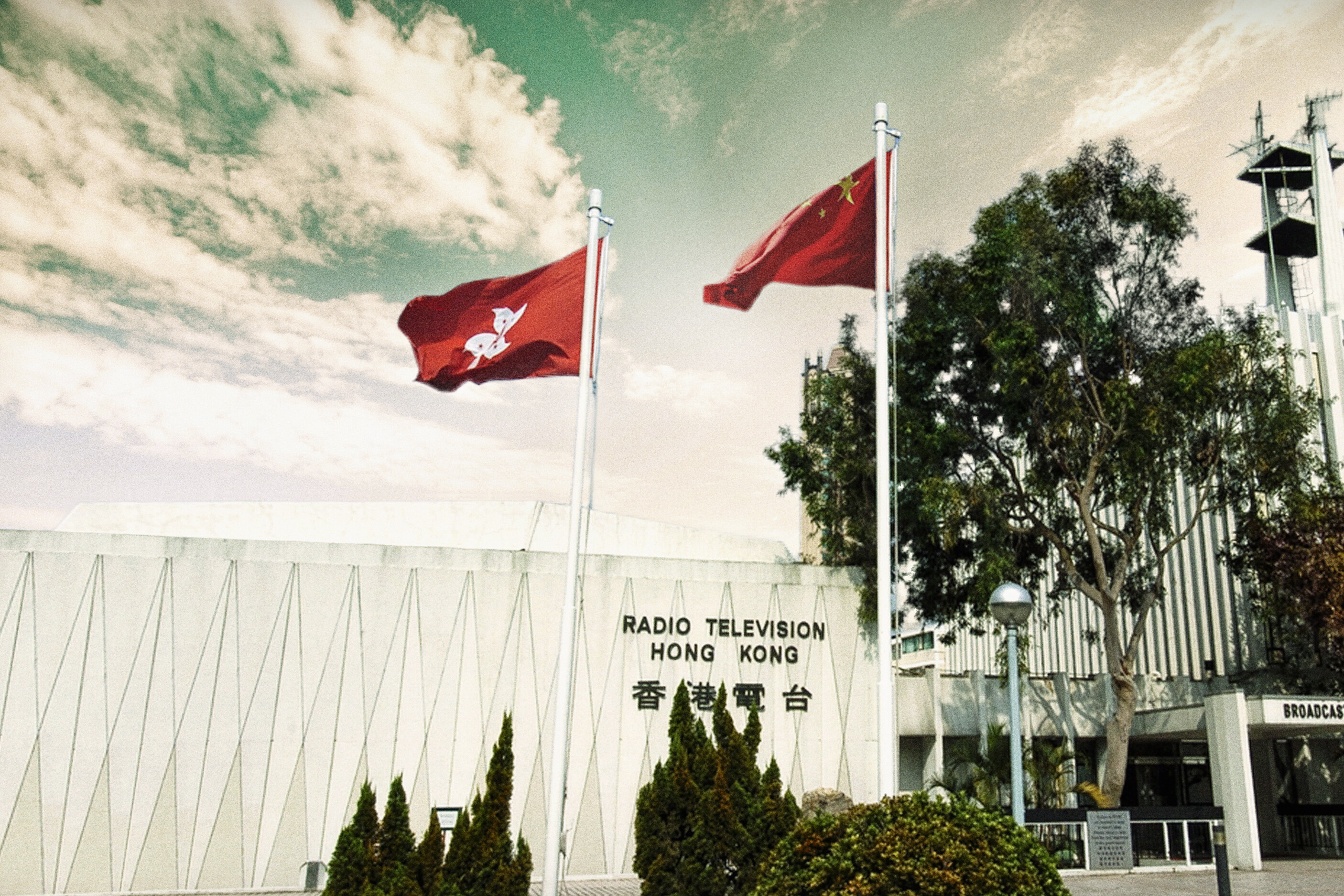In recent weeks, public media has been the topic of numerous discussions and debates in the Spanish media landscape.
Here at PMA, we have taken a closer look and pulled together the most recent developments in the country’s public media sector:
- Public broadcasting in Spain is the cheapest in Europe: The financing of Spain’s public broadcaster, Corporación de Radio y Televisión Española (RTVE), has an annual cost of €38.9, almost half the European Union Average (€66.9), making it the cheapest among other European nations.
- RTVE returns to profit: For the first time since 2009, Spain’s public broadcaster ended the year with no deficit and a profit of €800,000. The broadcaster cut costs significantly, from €208 million in 2009, to €183 million in 2016.
- Telemadrid is renovating itself: After a rough four years following the crisis in 2013, which left the autonomous broadcaster with a significant debt, a disengaged audience and widely criticised for being a politicised channel, the company is ready to relaunch with a new general director, José Pablo López. López is planning to reorganise the entire management structure with the idea of creating an ‘a la carte’ television, where the content has a life beyond the first broadcasting.
- New TV3 director causes stir in the company: The Governing Council of the Catalan Corporation of Audiovisual Media has nominated Vincent Sanchis as the new TV3 director, raising criticism from the company’s employees. The Catalan Union of Journalists (Sindicat de Periodistes de Catalunya – SPC) wrote a strong note, asking for legislative reform to change the way the broadcaster’s directors and board members are elected. The Union described the change of director as “sudden” and Sanchis as “always aligned with the pujolismo and with the CDC [Democratic Convergence of Catalonia].”
- New public TV opens in Valencia: The Valencian Government has approved the the implementation of the Valencian Corporation of Mitjans de Comunicació (CVMC), which replaces the former Valencian Radio Television that was closed by the People’s Party (PP). The public broadcaster will launch with a budget of €55million and will be directed by Empar Marco.
In other news
- Andorra’s public broadcaster moves historical archive to the cloud: Thanks to VSN technology, Ràdio i Televisió d’Andorra (RTVA) will be able to retrieve and work with its content in a quicker way. “The digitisation of historical archives is an unavoidable task for television and radio channels alike, not only for obvious reasons of security and conservation, but also for the monetising of all the audiovisual files owned by these companies,” said Aaron López, VSN’s Chief Operating Officer. RTVA can now automatically store and control all audiovisual files both in physical and digital formats.
- The political party Podemos opens debate on broadcasting religious Masses on public television: The political party Unitos Podemos has asked to eliminate the broadcasting of the Catholic masses broadcasted on La2 on Sundays, arguing the the broadcaster should act as a secular body. However, the People’s Party (PP) and the Spanish Socialist Workers’ Party (PSOE) have argued that other religions have a space in public TV and that there are more important issues to be tackled when it comes to public television.
- Spanish journalists first win against ‘gag law’: The Spanish government has dropped charges against a journalist, Axier Lopez, who posted a photo on Twitter of a police officer making an arrest. The law forbids the use of images and data of officers or other members of security forces for safety reasons. However, the photo didn’t show the police officers’ faces and after almost a year, the government dropped the charges because the case did not meet the “necessary standards”. López pointed out that due to the law’s vague nature, this could impact press freedom and prevent journalists from speaking out for fear they might be charged.
The links above are to original stories, which are not produced by PMA. ‘Focus on PSM’ pulls together stories from regions experiencing periods of heightened debate about the role of public media. PMA does not necessarily endorse these stories nor do they necessarily reflect the view of PMA.
Header image: RTVE headquarters in Barcelona. Credits: Almusaiti/Creative Commons
Related Posts
31st January 2017
Spain has most affordable public broadcasting in Europe
A new study published in collaboration…

